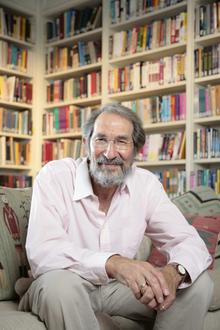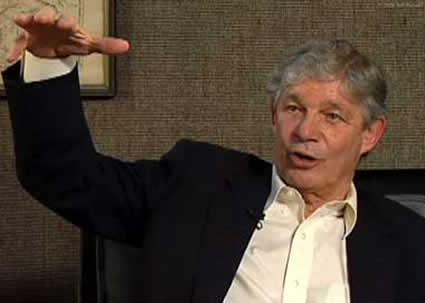Just an idea to dwell about for future writings:
The similarity of human neighbourhoods to the organization of organ tissue; skyscraper and city organization to brain and neurons. For example, cities do not directly manipulate the physical landscape to produce its sustenance. Instead a city relies on the outer towns and provinces to provide food for its inhabitants. The city provides the organization for the efficient production and distribution of the food and goods. This is exactly as the brain functions: providing the organization and decisions for the efficient production and consumption of food. It’s as if a massive organism is forming on Earth.
These signs provide clues to the development of complex structures. Still further complexity lies in understanding the curious fact that financial crashes are preceded by a rapid increase in skyscraper construction. Skyscrapers are a complex structure, newly introduced in the universe; so their construction, almost exclusively reliant on financial booms or bubbles is curious.












